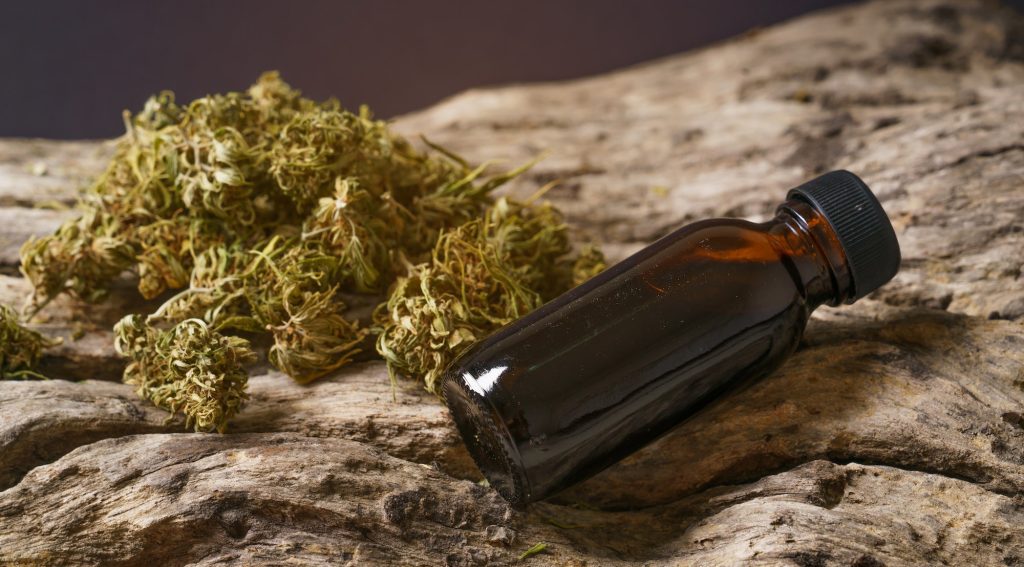THC: What Is It and How Does It Affect Your Brain?
THC, or tetrahydrocannabinol, is one of the main ingredients in marijuana. Along with CBD (cannabidiol), it’s known as one of the chief cannabinoids that affect the brain. The other prominent cannabinoid is CBN (cannabinol).
THC stimulates the cannabinoid receptors in your brain, and the psychoactive effects come from how your neurons interpret these signals. The THC reacts with a particular part of your brain called the basal ganglia to cause euphoria. THC also affects parts of your brain that influence pleasure, memory, thinking, concentration, body movement, coordination, and sensory and time perception.
The THC molecule is similar in shape to anandamide (a neurotransmitter found in your brain that regulates pain), which means it can bind with anandamide’s receptors and mimic its effects.
Anandamide is a messenger for CB1 receptors, and it helps regulate things like sleep, appetite, pleasure, and pain. THC gets between anandamide and CB1 receptors and blocks them from binding together.
The Effects of THC on the Brain
The cannabinoids in marijuana, including tetrahydrocannabinol (THC), bind to receptors throughout the brain and body. The prominent psychoactive cannabinoid in marijuana is THC. When marijuana users smoke the drug, THC quickly passes from their lungs into the bloodstream, and the blood carries the chemical to the brain and other organs throughout the body.

THC binds to cannabinoid pathways in the brain, triggering a chain of biological events resulting in the “high” that marijuana users feel.
These receptors are ordinarily activated by chemicals similar to THC that naturally occur in the body (such as anandamide; see picture below). Scientists call these naturally occurring chemicals endocannabinoids (the prefix “endo” means “within”).
When THC activates these receptors, they produce a euphoric high. They can also cause other effects such as:
- mood changes
- altered sense of time
- memory loss
- impaired motor skills
- loss of coordination
What are the Side Effects of Consuming THC?
There are so many side effects of smoking marijuana that it’s tough to list them here. A few of the known side effects of smoking marijuana include:
- tachycardia
- dry mouth
- increased appetite
- reduced blood pressure
- coughing or chronic bronchitis
- cognition problems (short-term)
- hallucinations (rare)

